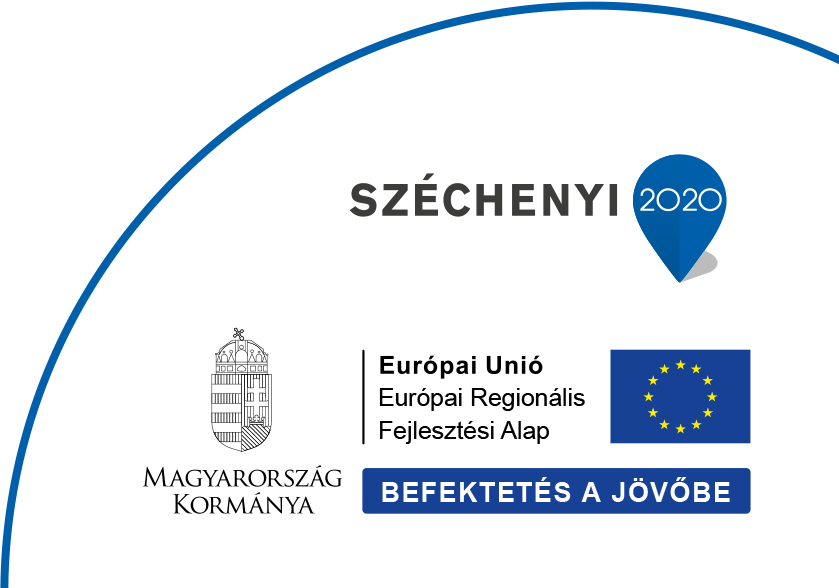Group leader
Krisztina Kovács
Tel.: +36-1-392-2222/3336
E-mail: kovacs.krisztina@ek.hun-ren.hu
https://orcid.org/0009-0003-6155-8016
https://m2.mtmt.hu/gui2/?type=authors&mode=browse&sel=authors10037999
https://www.linkedin.com/in/krisztina-kov%C3%A1cs-a90303151
Our group conducts research in two primary areas:
- environmental applications
- polymer-related studies.
Environmental research
The main goal is to develop the theoretical basis for energy-efficient wastewater treatment. Conventional methods struggle to degrade toxic compounds like emerging organic pollutants, which can persist in treated water and contaminate drinking sources. Ionizing radiation offers a promising solution by eliminating residual toxicity and disinfecting wastewater, providing a sustainable alternative to chlorination.
High-energy ionizing radiation induces water radiolysis, generating highly reactive intermediates such as hydrated electrons, hydroxyl radicals, and hydrogen atoms. These species break down complex organic pollutants leading to mineralization into CO2 and water. The laboratory investigates the radiation-induced degradation mechanisms of several micropollutants—including pharmaceuticals, pesticides, and solvents—in dilute aqueous solutions. In wastewater analysis, comprehensive parameters such as chemical oxygen demand (COD), total organic carbon (TOC), biochemical oxygen demand (BOD), toxicity, and various microbiological assays provide valuable insights into both the degradation processes and the nature of the resulting byproducts.
Polymer Research
Our group has recently started exploring polymer science, focusing on how ionizing radiation can enhance material sustainability and recycling. We contribute to investigations on the radiation-induced surface activation of ground tire rubber (GTR) to improve its recyclability and integration into new materials.
Additionally, we participate in studies examining the effects of radiation on the mechanical and thermal properties of polymers, including biodegradable plastics like PLA. By analyzing factors such as moisture content and polymer composition, we aim to deepen the understanding of radiation-induced modifications for industrial applications.
As we expand our expertise, we are keen to collaborate on innovative material processing technologies.
The following instruments and methods are available:
- Linear accelerator (4 MeV, TESLA)
- Water analytical methods: chemical oxygen demand, total organic carbon content, biochemical oxygen demand, toxicity (Vibrio fischeri)
- Microbiological assays (study of antimicrobial resistance)
- Scanning electron microscope with energy dispersive spectroscopy detector (SEM-EDS)
- Fourier transform infrared spectroscope (FTIR)
- UV-VIS spectrophotometer
Members of Our group
| Kornél Fél | Responsible for FTIR equipment | |
| Renáta Homlok | https://orcid.org/0000-0002-7142-2855 | Responsible for microbiological assays and research on radiation-induced polymer modifications, with a focus on material sustainability and recycling. |
| Krisztina Kovács | https://orcid.org/0009-0003-6155-8016 | Responsible for water analytical measurements, equipments in the laboratory |
| Petra Mandula | Responsible for water analytical measurements | |
| Anna Tegze | https://orcid.org/0000-0001-9790-5815 | Responsible for SEM equipment and BOD measurements |
| László Takács | Operator, Responsible for linear accelerator |
